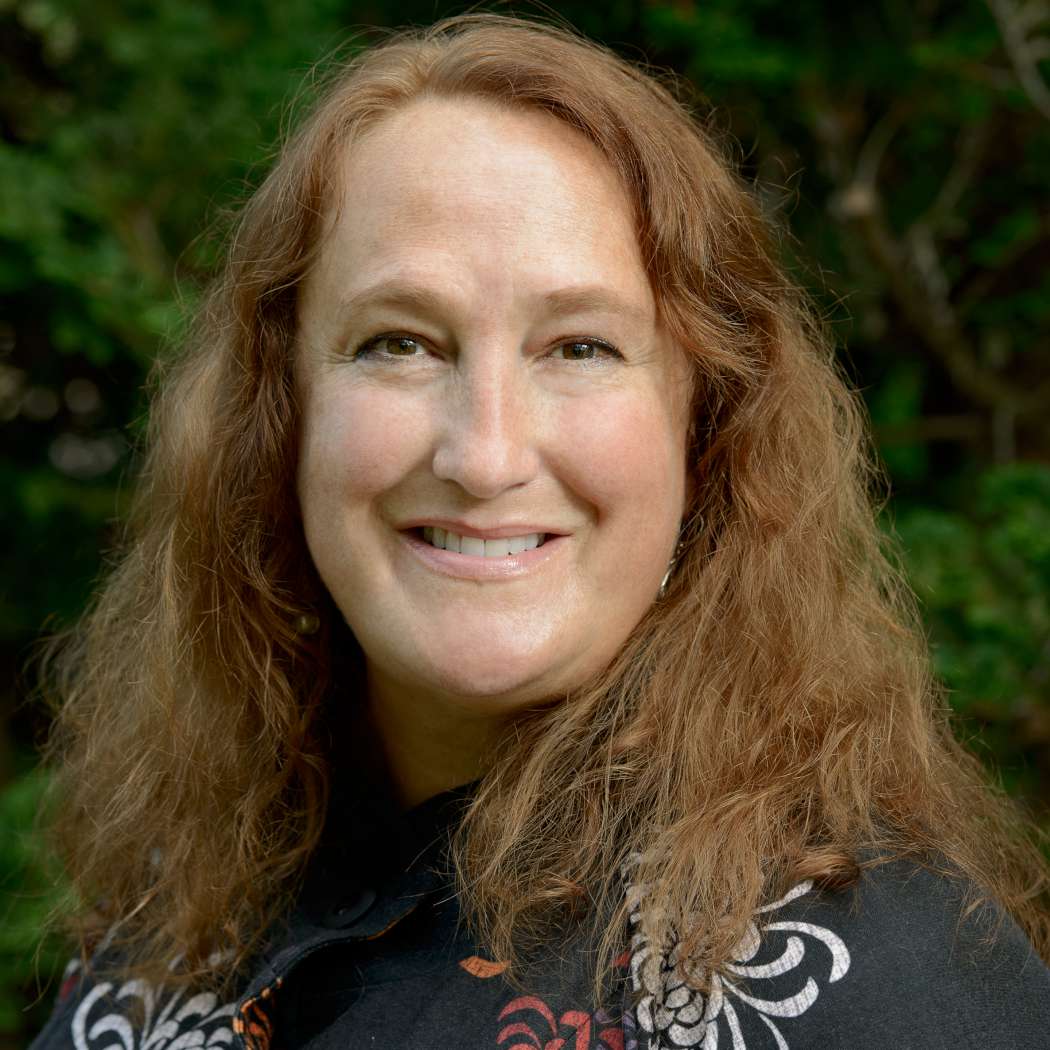Communiqué de presse
Les experts appellent à plus de transparence de la part de la PUCO, des lobbyistes et des législateurs
CLEVELAND – Several reforms are needed to guard against future bribery cases like the one unfolding in Ohio, but a panel of experts agreed that one change tops the list: Better transparency.
“We’ve been in the dark for too long, and we are taken advantage of when we don’t have access to all the information,’’ said Catherine Turcer, executive director of Common Cause Ohio.
The bribery scandal was helped with hidden money flowing to politicians and by utility regulators with hidden ties to the industry they oversee. “This resulted in the utilities getting bailed out and the public getting stuck with the bill,’’ she said.
Turcer was among three experts who unveiled a package of reform proposals today at the City Club of Cleveland. The reforms stem from a series of virtual forums hosted by Common Cause Ohio as part of its Projet pour la démocratie : comment cesser de se faire arnaquer series. Joining Turcer were Kedric Payne, senior director of ethics for Campaign Legal Center, and Edward “Ned” Hill, Professor of Economic Development at The Ohio State University’s John Glenn College of Public Affairs.
The forums were in response to the FBI’s ongoing bribery and corruption investigation into a scheme to get ratepayers to finance bailouts for uncompetitive nuclear and coal power plants. In July, the FBI indicted then-Ohio House Speaker Larry Householder, four lobbyists and Generation Now – the dark money group which federal officials identified as the primary vehicle through which the alleged bribes to Householder were funneled.
“Ohio residents have a right to know which wealthy special interests are spending big money to influence their government and elected officials,’’ Payne said. “Real transparency about who is spending big money on elections will lead to more government accountability and less political corruption.’’
Among the reforms, Payne suggested: Require entities that are lobbying the public to register and report all of their activities, including expenses for mailers or TV ads. Organizations registered to lobby the Statehouse should also report groups they are affiliated or have partnerships with.
During the House Bill 6 debate, Generation Now sent political ads to Ohioans’ homes and ran a robust TV media campaign intended to gin up support for the bill. This activity is often called “grassroots lobbying.” Some states require disclosure of this type of lobbying if it exceeds more than $5,000.
“Although an organization must disclose if it hires a lobbyist, it is not required to disclose if it coordinates a grassroots campaign of hundreds of people influencing legislators. This kind of grassroots lobbying does not trigger lobbying registration and is a loophole in the law,” Payne explained.
Other reforms he suggested:
- Require the disclosure of the source of funding for political ads including corporations to the Ohio Secretary of State. Many pro-bailout ads identified Generation Now but did not say where it was getting its money.
- Require the disclosure of top funders of political ads on the ads themselves.
- Require more frequent campaign finance filings.
- Give the Ohio Secretary of State the ability to subpoena records.
- Require those lobbying the public via advertisements of any type to report their spending to the Office of the Legislative Inspector General if the amount spent is over $5,000.
- Require lobbyists to provide specific campaign contribution information with their lobbyist filings OR require the Ohio Secretary of State to aggregate contributions from lobbyists so Ohioans can easily access the total amounts given.
“Better disclosure has strong support from voters,” Payne said. “More than four-out-of-five voters (83%) support public disclosure of contributions to organizations involved in elections, with 56% strongly in support. Rebuilding transparency in financing of our elections is central to the free and transparent function of our democracy.” The information comes from a November 2019 poll by ALG Research & GS Strategy Group for the Campaign Legal Center.
Hill, a frequent critic of Ohio’s method of utility regulation, also stressed the need for better disclosure – especially at the Public Utilities Commission of Ohio, the state panel that helps set rates for gas, electricity and other utilities.
“Ohio needs to end the PUCO’s legally permissible corrupting practices,” Hill said. “Notice I didn’t say they’re corrupt. I didn’t say they’re illegal.’’ They are corrupting because they allow deep-pocketed utilities to use dark money to get rate cuts and have others pay for them.
Hill suggested that everyone who applies for a Public Utilities Commission of Ohio (PUCO) seat should be forced to disclose all sources of income “to make certain that candidates are free from conflicts of interest.’’
Hill also voiced support for requiring utilities pay to the Office of Consumers’ Counsel the same amount they spend on their own lawyers. The consumers’ counsel is responsible for representing residential utility customers.
His recommendations come as the commission looks to fill a vacancy following the abrupt resignation of Sam Randazzo as PUCO Chairman. His Nov. 20 resignation came just days after the FBI raided Randazzo’s condo and FirstEnergy revealed in a federal filing that it paid $4 million to an unidentified person meeting Randazzo’s description.
Turcer endorsed the recommendations of Payne and Hill and added one: The Legislative Service Commission, the nonpartisan agency tasked with researching and drafting bills and amendments, should no longer be exempt from Ohio’s Public Record Law, she said. She urged lawmakers to not only re-open the records but also name the bill after reporter Jim Siegel, an unparalleled watchdog who died last year at age 46.
On Dec. 3, Common Cause Ohio called for members of the PUCO to voluntarily disclose all past work with utilities, their consultants and lobbyists over the past 10 years.
